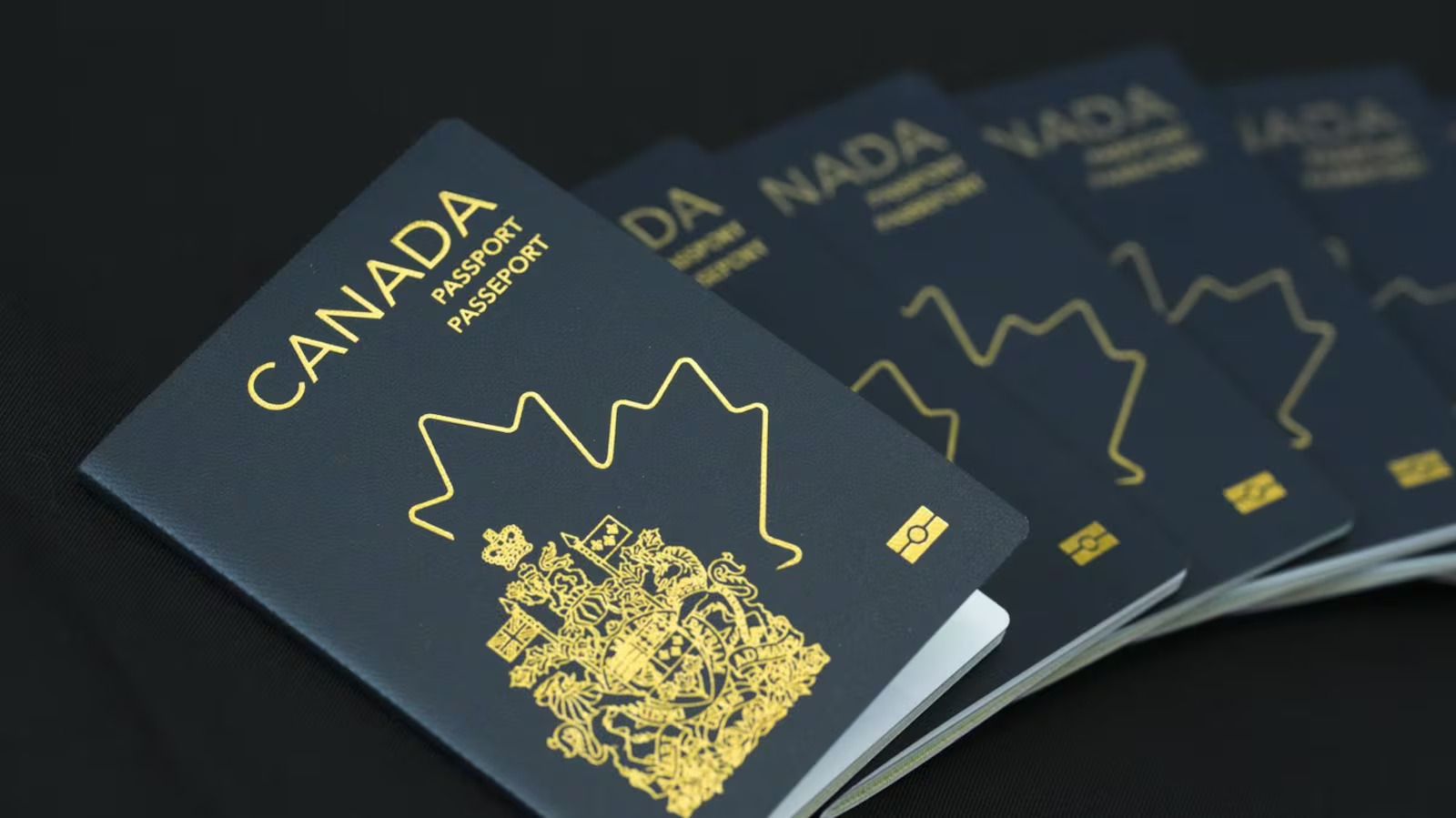Ottawa — The federal government is tightening access to its humanitarian and refugee permanent residency programs as part of a broader shift toward prioritizing economic immigration in the coming years.
According to the updated Immigration Levels Plan released this week, Canada will allocate 49,000 spaces for refugees seeking permanent residency in 2026, down from about 58,000 this year — a reduction of roughly 15 per cent.
At the same time, the plan includes a one-time initiative to grant permanent residency to 115,000 protected individuals already living in Canada, a move intended to address a growing backlog of cases.
Gauri Sreenivasan, co-executive director of the Canadian Council for Refugees, called the new plan a “mixed result,” acknowledging the one-time recognition of existing cases but expressing concern over the continued decline in humanitarian admissions.
“We have almost 150,000 refugees in the backlog waiting for that signal that Canada is their permanent home,” Sreenivasan said. “While this measure acknowledges that backlog, it also comes with a reduction in the overall share of immigration dedicated to humanitarian needs.”
The government also plans to provide 5,800 permanent residency spots in 2026 for individuals admitted under special humanitarian programs for people who fled from Hong Kong, Ukraine, and Sudan — a modest increase from the 5,300 spots offered in 2025.
However, advocates say the expanded quota still falls short of addressing massive application backlogs. Roy Lee of the Hong Kong Pathways Alliance said there are more than 50,000 pending applications, with over 1,000 new applicants each month.
“That little increase in the quota is obviously not enough to clear the backlogs,” Lee said. “It’s not even enough to reduce the Hong Kong pathway backlog in one week.”
Internal data from Immigration, Refugees and Citizenship Canada (IRCC) shows wait times for humanitarian and compassionate applications range from 12 months to as long as 50 years, depending on program type and applicant volume.
A senior IRCC official acknowledged that demand far exceeds available spaces but emphasized that all applications will continue to be processed, even if approval timelines extend beyond the annual targets.
The reduced humanitarian quotas come as Ottawa seeks to balance population growth with economic priorities. Immigration Minister Lena Diab’s mandate includes stabilizing Canada’s immigration system after years of record population increases, while ensuring programs remain sustainable and responsive to labour market needs.

